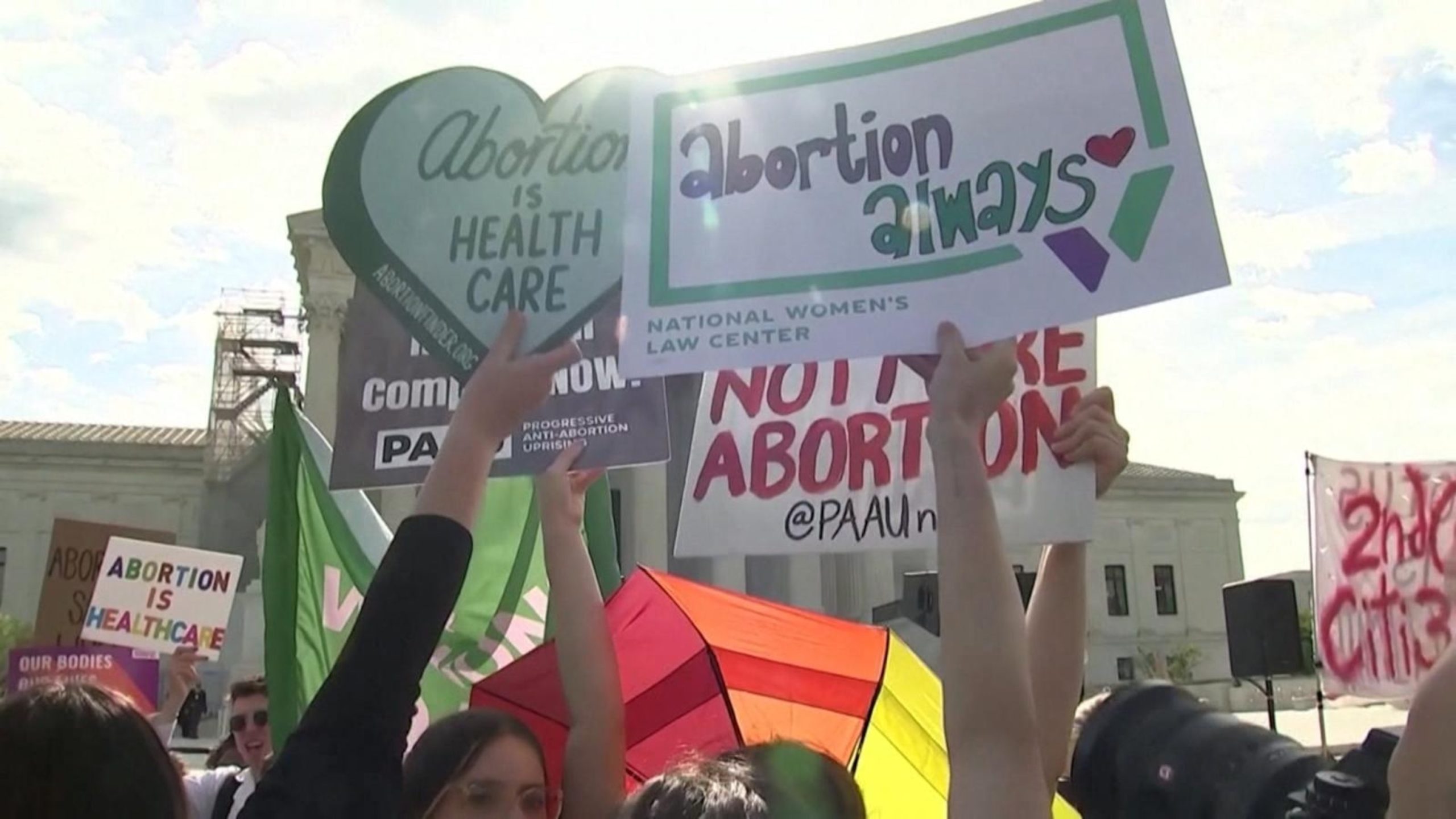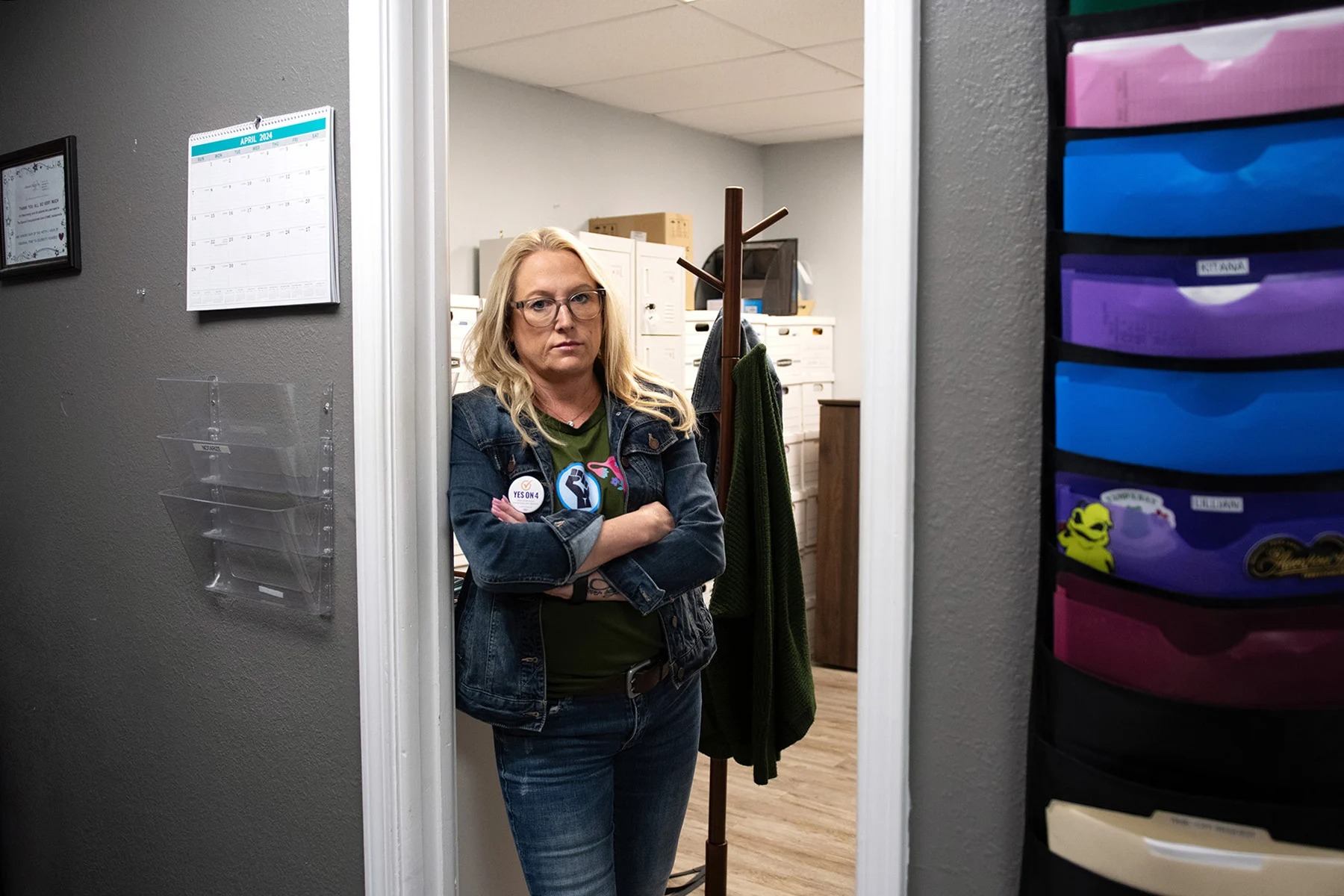Kristen felt a sense of urgency as she walked into the abortion clinic on Tuesday morning. With just hours to spare before Florida’s new six-week abortion ban took effect, the 22-year-old mother of two knew she had to act quickly.
She had canceled all her plans for the day and found someone to drive her to the clinic, hoping to end her pregnancy before the looming deadline.
The situation underscored the complex landscape of abortion access in the United States, particularly in light of recent developments since the Supreme Court’s decision to strike down Roe v. Wade. With the legality of abortion now left to individual states, tracking where abortion is legal, banned, or under threat has become crucial.

Florida’s 6-week abortion ban is now in effect (Credits: ABC News – The Walt Disney Company)
The upcoming elections in about a dozen states hold serious implications for abortion rights, with constitutional amendments on the ballot. President Biden has expressed support for legal access to abortion and has urged Congress to pass legislation that would codify abortion rights nationwide.
Over time, Former President Trump’s views on abortion have undergone changes, finally supporting the idea that the matter should be decided at the state level.

Tears and despair at Florida abortion clinic (Credits: Louisiana Illuminator)
For Kristen and numerous individuals grappling with the intricacies of abortion access, the changing political environment introduces further uncertainty and immediacy to an already difficult scenario.
As she awaited her appointment at the clinic, Kristen grappled with the weight of the decisions being made at both the state and federal levels, knowing that the outcome would profoundly impact her life and future.























